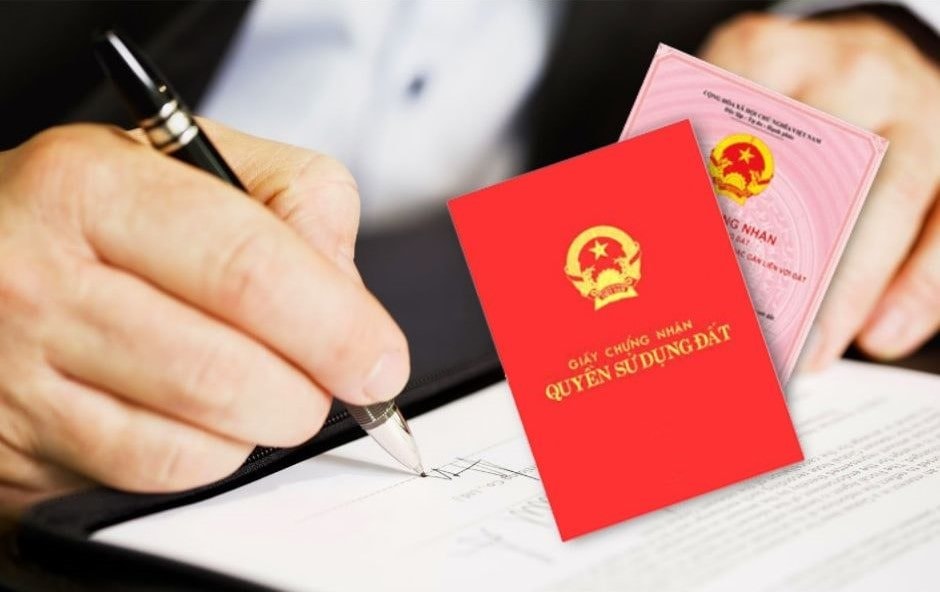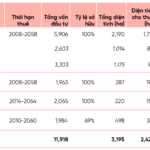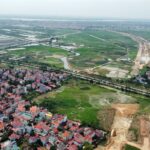
Understanding Land Use Rights and the Importance of the Red Book in Vietnam
According to Clause 1, Article 151 of the 2024 Land Law, there are several cases where a land user is not granted a certificate of land use rights, often referred to as a “Red Book.” These cases are outlined below:
First:
Agricultural land used for public purposes by communes, wards, or towns is not eligible for a Red Book. This includes land for cultural, sports, entertainment, healthcare, educational, market, cemetery, and other public facilities, as well as for public works managed by the People’s Committees of communes.
Second:
Land managed by the state, such as land for public works and their safety corridors, riverbanks, specialized water bodies, land under state retrieval, land for investment projects, public use land, unallocated or unused land in localities, and land in islands managed by communities, is also not eligible for a Red Book.
An exception is made for land allocated for use that overlaps with managed land. In such cases, a Red Book is issued for the area specified in the state’s land allocation or lease decision.
Third:
Leased or subleased land is generally not eligible for a Red Book, except when leased or subleased from an investor in the construction and business of infrastructure in line with an approved project.
Fourth:
Contracted land is also ineligible, except for agricultural and forestry land that originated from allocated, contracted, white-contracted, leased, or borrowed land from agricultural or forestry enterprises before February 1, 2015, in the form of state-allocated land without land use levy.
Fifth:
Land subject to state retrieval decisions is not eligible for a Red Book, unless more than three years have passed since the retrieval decision without the project being implemented.
Sixth:
Land under dispute, attachment, or temporary seizure as a precautionary measure is also ineligible for a Red Book.
Seventh:
Organizations that are allocated land by the state without land use levy for public, non-business purposes do not receive a Red Book.
The Road to Progress: Hoa Binh – Moc Chau Expressway Slated for July 2025 Groundbreaking
The upcoming Hoa Binh – Moc Chau expressway, traversing the province of Son La, is slated for construction commencement in July 2025. Son La is diligently preparing to ensure all conditions are met for this significant event.
Which Industrial Real Estate Stocks Have Soared the Most This Year?
The VN-Index ended 2024 on a high note, with a gain of over 12% compared to the beginning of the year. While the real estate sector as a whole saw a decline of nearly 2%, the industrial real estate segment stood out with an impressive growth of more than 13%. Which stocks were the top performers of the past year?
Can Agricultural Land with Residential Buildings Obtain a Red Book?
It is possible to obtain a red book for this agricultural land, which has been used as residential land since a house was built on it in 1995. The land is designated for residential use (marked as ‘T’) on the 2003 land-use map, which aligns with the residential land planning regulations.





















